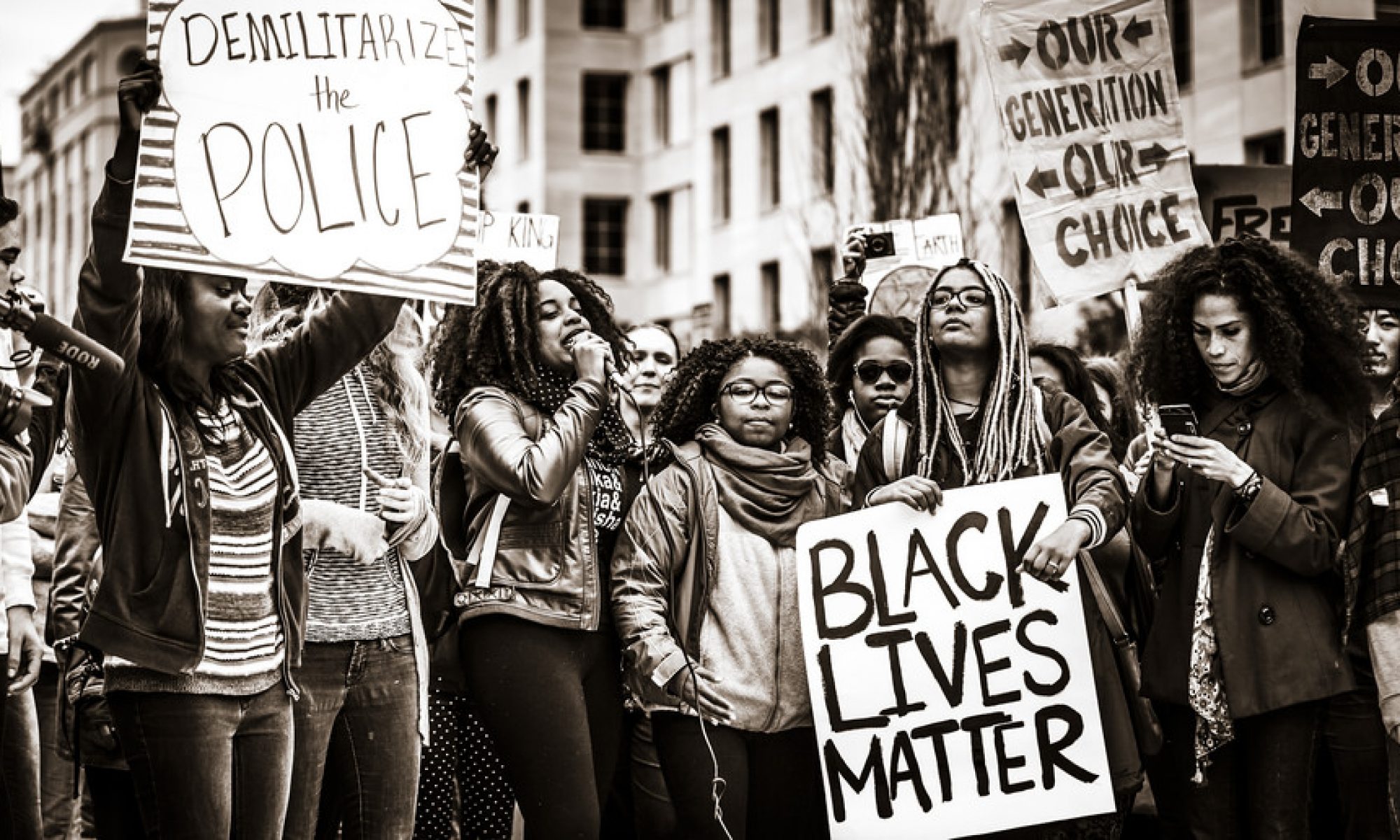http://www.msnbc.com/msnbc/day-17-mississippi-appendectomies
Practices such as birth control, sterilization, and other forms of contraception have been a means to control and choose the functions of our reproductive organs for decades. However, it is important to remember that everything has a background history that may not paint as pretty a picture as one would like to think. Birthed from the eugenics movement, practices of contraception are still a controversial matter as they carry with them the history of states in the U.S targeting and deciding who was allowed or desired to reproduce; the targets, of course, were more often than not black women whose economic standing in society served as a tool to subjugate them to such situations.
As a result, in some parts of the south, this gave rise to a phenomenon known as the ‘Mississippi Appendectomy’ in the 1920s-1980s. The ‘Mississippi Appendectomy’, was the medical practice that provided involuntary sterilization to poor, black, women who were deemed unfit to reproduce. The term itself was coined by Fannie Lou Hammer, who was a civil rights activist that wanted to raise awareness on the issue due to experience of going into the hospital to have a tumor removed but was instead sterilized. During this time, states such as North Carolina and Mississippi saw almost 8,000 states being sterilized, 85% of whom were women and 40% of whom were women of color.
In the book, “Killing the Black Body: Race, Reproduction, and the Meaning of Liberty”, Dorothy Roberts writes:
“During the 1970s sterilization became the most rapidly growing form of birth control in the United States, rising from 200,000 cases in 1970 to over 700,000 in 1980. It was a common belief among Blacks in the South that Black women were routinely sterilized without their informed consent and for no valid medical reason. Teaching hospitals performed unnecessary hysterectomies on poor Black women as practice for their medical residents.”
This, of course, was passed as state law under the pretense that the sterilization was only provided to those with disabilities or those that were deemed to be too ‘promiscuous’ or ‘feebleminded’ to have children. This was the case with Elaine Riddick, a 14-year-old black girl whose social worker decided it was best to sterilize her due to her falling pregnant after having been raped and assaulted by her neighbor.
Although this is not an in-depth study of the phenomena, it certainly provides a perspective on the methods in which black women’s rights on something as fundamental and personal as their own bodies was taken for granted as state property.
